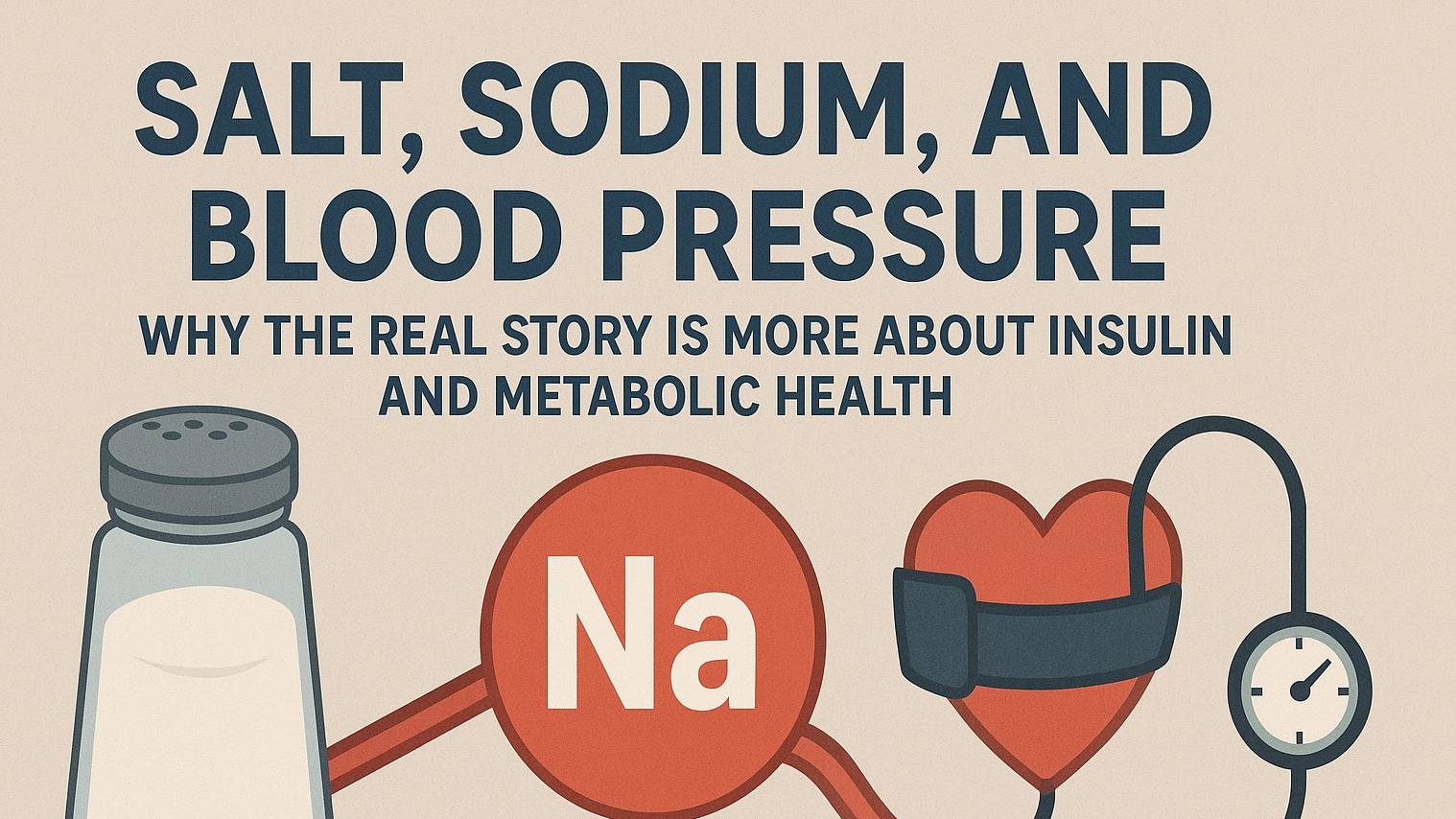
Fasting, particularly intermittent fasting (IF), has become a widely adopted practice for its numerous health benefits. While fasting can improve overall health and support weight management for both men and women, understanding the physiological and hormonal differences between genders is crucial for optimizing results.
Health Benefits of Fasting
Research and anecdotal evidence have revealed several health benefits of fasting, supported by scientific studies:
1. Weight Loss and Metabolism
Fasting helps reduce calorie intake by limiting eating windows, leading to a caloric deficit. Studies suggest that fasting can enhance fat-burning by increasing metabolic rate and improving insulin sensitivity. The body’s natural transition to using fat as fuel during fasting helps promote weight loss.
Key Study: A 2020 review published in Cell Metabolism demonstrated that intermittent fasting improved weight loss and metabolic health in both overweight and normal-weight individuals.
2. Improved Blood Sugar Control
Fasting can help regulate blood sugar levels by decreasing insulin resistance. This is particularly beneficial for individuals with prediabetes or type 2 diabetes. By giving the pancreas a "rest," insulin efficiency improves, reducing blood sugar spikes.
Key Study: A 2019 study in The Lancet Diabetes & Endocrinology found intermittent fasting to be effective in reducing hemoglobin A1c levels in individuals with type 2 diabetes.
3. Reduced Inflammation
Chronic inflammation is a root cause of many diseases, including heart disease, cancer, and autoimmune disorders. Fasting has been shown to reduce markers of inflammation such as CRP (C-reactive protein) and TNF-alpha.
Key Study: A 2019 study in Scientific Reports highlighted the anti-inflammatory effects of fasting in reducing pro-inflammatory cytokines.
4. Enhanced Heart Health
Fasting can improve cardiovascular health by lowering risk factors such as high blood pressure, cholesterol levels, and triglycerides. It promotes a healthy lipid profile, thereby reducing the risk of heart disease.
Key Study: A 2017 study in Nutrition and Aging reported improvements in LDL cholesterol and blood pressure in individuals practicing intermittent fasting.
Gender-Specific Considerations
The effects of fasting differ between men and women due to hormonal and physiological variations. Dr. Mindy Pelz, an expert in women’s health and fasting, emphasizes these differences:
1. Hormonal Differences
Women’s hormonal cycles involve estrogen, progesterone, and kisspeptin—a protein highly sensitive to energy intake. Prolonged fasting can disrupt hormonal balance, particularly in women of reproductive age, leading to irregular menstrual cycles or fertility issues.
Insight: Dr. Mindy Pelz suggests women adopt fasting schedules aligned with their menstrual cycles, avoiding prolonged fasts during the luteal phase when hormonal support is critical.
2. Stress Responses
Fasting activates stress pathways like cortisol. Women may experience heightened stress responses compared to men, potentially leading to fatigue, anxiety, or sleep disturbances.
Insight: Shorter fasting windows (12–16 hours) may be more suitable for women, reducing stress while maintaining benefits.
3. Blood Sugar Regulation
While men often experience improved blood sugar control through fasting, some studies indicate that prolonged fasting can impair blood sugar stability in women. This variation may stem from hormonal fluctuations and differences in insulin sensitivity.
Recommendations for Women
Women can maximize the benefits of fasting by tailoring their approach:
1. Adopt Modified Fasting Methods
The Crescendo Method: Fasting 12–16 hours on non-consecutive days provides flexibility and minimizes stress on the body.
Cycle-Based Fasting: Align fasting with menstrual cycles. For example, practice shorter fasts during the luteal phase and longer fasts during the follicular phase when insulin sensitivity is higher.
2. Focus on Nutrient-Dense Foods
Breaking fasts with nutrient-dense, whole foods helps replenish essential vitamins and minerals. Prioritize protein, healthy fats, and complex carbohydrates to stabilize blood sugar and reduce cravings.
3. Professional Guidance
Consulting a healthcare professional or nutritionist ensures that fasting aligns with individual health goals, particularly for those with underlying health conditions or hormone-related concerns.
Conclusion
Fasting offers a powerful tool for improving health, from weight management to heart health and inflammation reduction. However, gender-specific considerations are essential to optimize its benefits. Women, in particular, should adopt a personalized approach to fasting that respects their hormonal rhythms and physiological needs. As Dr. Mindy Pelz emphasizes, mindful fasting tailored to individual circumstances can help both men and women harness its full potential.
References
Longo, V. D., & Mattson, M. P. (2014). Fasting: Molecular Mechanisms and Clinical Applications. Cell Metabolism, 19(2), 181–192.
Sutton, E. F., et al. (2018). Early Time-Restricted Feeding Improves Insulin Sensitivity. Cell Metabolism, 27(6), 1212–1221.e3.
Mindy Pelz, D.C. (2024). Fasting for Women: A Guide to Using Fasting for Hormonal Balance.
Patterson, R. E., & Sears, D. D. (2017). Metabolic Effects of Intermittent Fasting. Annual Review of Nutrition, 37, 371–393.
 Add Row
Add Row  Add
Add 










Write A Comment